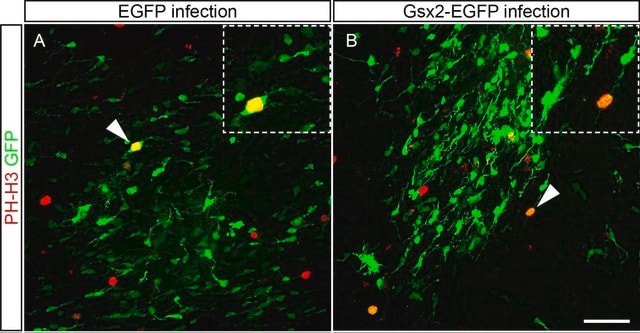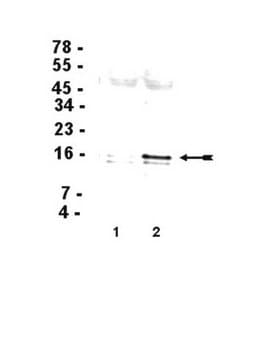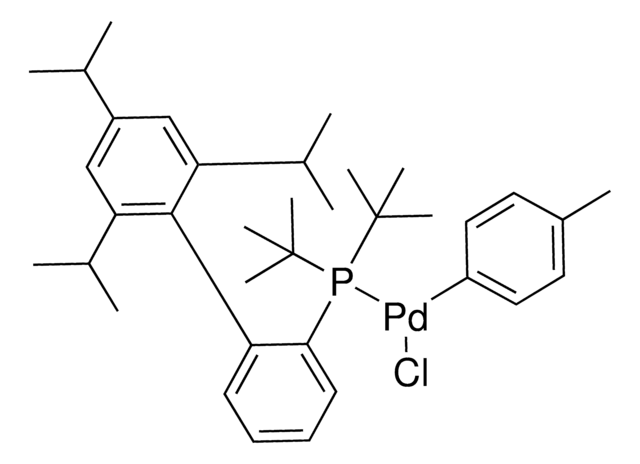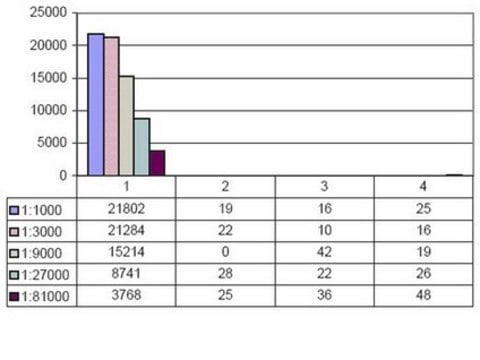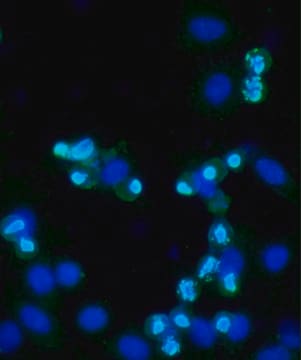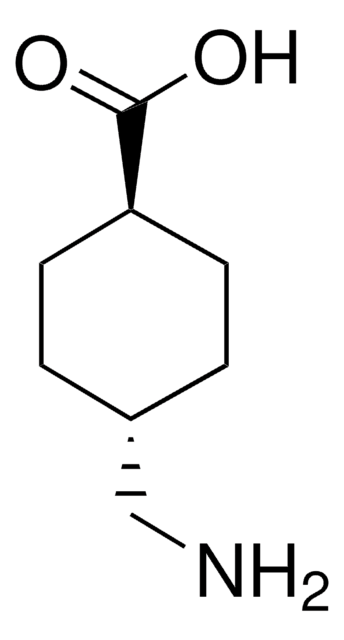16-222
Anti-Phospho-Histone H3 (Ser10) Antibody, clone 3H10, FITC Conjugate
clone 3H10, Upstate®, from mouse
Synonym(s):
H3 histone, family 3A, H3S10P, Histone H3 (phospho S10), H3 histone, family 3A, H3 histone, family 3B, H3 histone, family 3B (H3.3B)
About This Item
IF
WB
immunofluorescence: suitable
western blot: suitable
Recommended Products
biological source
mouse
Quality Level
conjugate
FITC conjugate
antibody form
purified antibody
antibody product type
primary antibodies
clone
3H10, monoclonal
species reactivity
human
manufacturer/tradename
Upstate®
technique(s)
immunocytochemistry: suitable
immunofluorescence: suitable
western blot: suitable
isotype
IgG
NCBI accession no.
UniProt accession no.
shipped in
wet ice
target post-translational modification
phosphorylation (pSer10)
Gene Information
human ... HIST1H3F(8968)
General description
Specificity
Immunogen
Application
Epigenetics & Nuclear Function
Histones
Quality
Target description
Physical form
Storage and Stability
Analysis Note
Mitotic HeLa cells (IF).
Legal Information
Disclaimer
Not finding the right product?
Try our Product Selector Tool.
Storage Class Code
10 - Combustible liquids
WGK
WGK 2
Certificates of Analysis (COA)
Search for Certificates of Analysis (COA) by entering the products Lot/Batch Number. Lot and Batch Numbers can be found on a product’s label following the words ‘Lot’ or ‘Batch’.
Already Own This Product?
Find documentation for the products that you have recently purchased in the Document Library.
Our team of scientists has experience in all areas of research including Life Science, Material Science, Chemical Synthesis, Chromatography, Analytical and many others.
Contact Technical Service